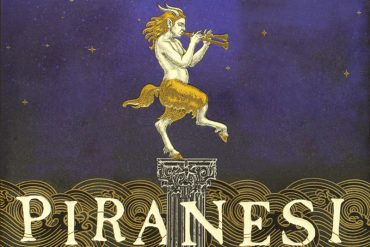Early one morning in 1890, Radhamonee found her eleven-year-old daughter, Phulmonee Dassee, ‘lying on the cot, weltering in blood.’ A few hours earlier, Phulmonee’s thirty-five-year-old husband, Hari Maiti, had ‘violent and aggressive’ penetrative sex with her, rupturing her internal organs. Thirteen hours later, Phulmonee died of internal laceration, continuous bleeding, and acute trauma. Her medical report gives an account of her husband’s gruesome act:
A clot, measuring 3 inches by one-and-a-half inches in the vagina…a longitudinal tear, one and three-quarters long by one inch broad at the upper end of the vagina…a haematoma three inches in diameter in the cellular tissue of the pelvis. Vagina, uterus, and ovaries small and undeveloped. No sign of ovulation.
But, surprisingly, the court did not consider Hari Maiti’s actions to be an act of rape, murder, or paedophilia. Instead, the judge declared it to be an act of ‘violent and aggressive penetration’ and let him off without any severe punishment. In those days, as per law, the ‘age of consent’ for sexual intercourse was ten years. As the eleven-year-old Phulmonee was married to Hari Maiti, the act of him having sex with his child-wife was considered to be his ‘legal conjugal right.’ As the judge states:
I think it is my duty to say that I think there exists hardly such solid and satisfactory ground as would make it safe to say that this man must have had knowledge that he was likely to cause the death of the girl…You will, of course, in these, as in all matters, give the benefit of any doubt in favour of the prisoner.
-30-
Copyright©Madras Courier, All Rights Reserved. You may share using our article tools. Please don't cut articles from madrascourier.com and redistribute by email, post to the web, mobile phone or social media.Please send in your feed back and comments to [email protected]











